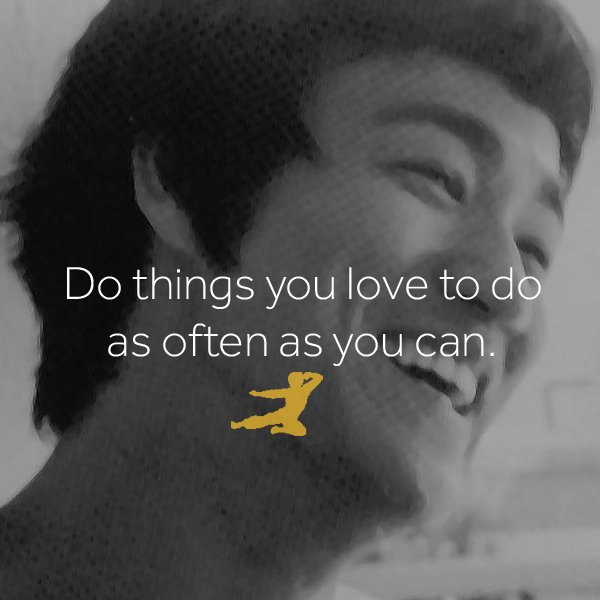
We all need a job. Yellen 2015 (or is it 2016)




There is a meaningful difference between trading to win and trading to not lose. The average person feels more psychological pain over a loss than they feel pleasure over a gain–particularly once they have already “booked” that gain mentally.
When we enter a trade, we expect to be paid out. Mentally, we book a potential profit. When a loss materializes, it is the unexpected event–and we respond more strongly to the unexpected than to the familiar.
What is the solution to this dilemma? The answer, surprisingly, is to book losses before they occur.
It’s human nature to not want to think about such unpleasant things as losses. But by knowing our maximum possible loss in advance and by mentally rehearsing what we’ll do on those occasions when the loss occurs, we normalize the losing process. That divests it of its emotional grip.
We can never eliminate loss from life or trading; nor can we repeal the basic uncertainties of markets. What we *can* do is develop an edge in the marketplace and, over the course of many trades, let that edge accumulate in our favor.
 We’ve all read innumerable times that we learn more from failure than from success. Well, that’s not quite accurate. The sentence should probably read: “Failure provides a better opportunity for learning than does success.” Not all people—in fact, probably few people, take advantage of the opportunity that failure offers.
We’ve all read innumerable times that we learn more from failure than from success. Well, that’s not quite accurate. The sentence should probably read: “Failure provides a better opportunity for learning than does success.” Not all people—in fact, probably few people, take advantage of the opportunity that failure offers.
John C. Maxwell, a prolific author of self-help books, wants to increase the number of learners. Sometimes You Win—Sometimes You Learn: Life’s Greatest Lessons Are Gained from Our Losses (Center Street/Hachette, October 2013) explains how to turn failure into learning. John Wooden wrote the foreword to the book, based on its outline, a few months before he died.
Losses are tough, there’s no getting around this fact. They cause us to become emotionally stuck and mentally defeated, they create a gap between knowing and doing, they never leave us the same. They hurt, but when we don’t learn from them they really hurt.
Maxwell approaches learning from multiple perspectives: the foundation of learning, the focus of learning, the motivation of learning, the pathway of learning, the catalyst of learning, the price of learning, and the value of learning. His final chapter is entitled “Winning Isn’t Everything, But Learning Is.” He incorporates anecdotes, insights from others, and apposite quotations such as Bill Gates’s famous line: “Success is a lousy teacher. It makes smart people think they can’t lose.” (more…)